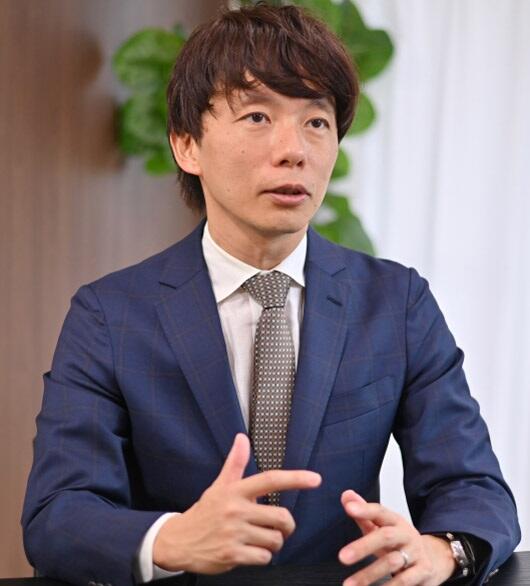A joint research group from Keio University and Nagoya Institute of Technology has announced the start of clinical trials for a gene therapy drug that aims to regenerate vision lost due to the intractable eye disease "retinitis pigmentosa" by utilizing "optogenetics, " a technique that controls the function of nerve cells using light. This marks the first clinical application of optogenetics in Japan.
This intractable eye disease is a progressive blinding condition where photoreceptor cells in the retina—which line the inside of the eye and converts light into neural signals—are first damaged and then gradually lose function. It typically affects one in 4,000 to 8,000 people, and no fundamental treatment has been established. The number of people suffering from this globally is estimated to exceed 2 million.
The research group, led by Associate Professor Toshihide Kurihara of the Department of Ophthalmology, School of Medicine at Keio University, announced their research findings in October 2023. They used a highly light-sensitive original protein called "chimeric rhodopsin," developed by Professor Hideki Kandori and his team from Nagoya Institute of Technology and confirmed that applying optogenetic techniques showed visual regeneration effects and photoreceptor protection effects in mice.

Image reproduced from Katada Y et al. iScience 2023 under Creative Commons CC-BY 4.0.

Provided by himself
Based on these results, the Keio University startup company Restore Vision (located in Minato-ku, Tokyo) developed the gene therapy drug (visual restoration therapeutic agent) "RV-001" using chimeric rhodopsin. Kurihara's research group has now completed the first administration by injecting RV-001 into the eye of one severely affected patient whose photoreceptor cell functions have already been lost.
The purpose of this was to deliver genes that produce chimeric rhodopsin to neural cells called bipolar cells in the retina, enabling them to detect light in place of the photoreceptors. According to the research group, there have been no serious complications so far, but they will monitor the progress over the next six months to confirm safety and efficacy. They plan to continue clinical trials with 6-15 more subjects.
Kurihara's research group stated "RV-001 (for which clinical trials have begun) represents an attempt to achieve the world's first practical application of a visual restoration therapeutic drug and is positioned as an important step in providing a new treatment method for blinding diseases."
Optogenetics is a technology established by Professor Karl Deisseroth of Stanford University (USA) in 2005. It has made significant contributions to brain research, and he was selected as a recipient of the 2020 Lasker Award (Basic Medical Research), a U.S. medical award, and is considered a strong candidate for the Nobel Prize.
In 2015, Dr. Susumu Tonegawa, then Director of the RIKEN Brain Science Institute, and his colleagues announced that they "improved depressive states in mice using optogenetics." Currently, the technology is being used in research fields studying the mechanisms of psychiatric disorders such as depression, sleep disorders, and addiction, and the regulation of organ functions.

Figure partially modified and reproduced from Katada Y et al. iScience 2023 under Creative Commons CC-BY 4.0
Original article was provided by the Science Portal and has been translated by Science Japan.




